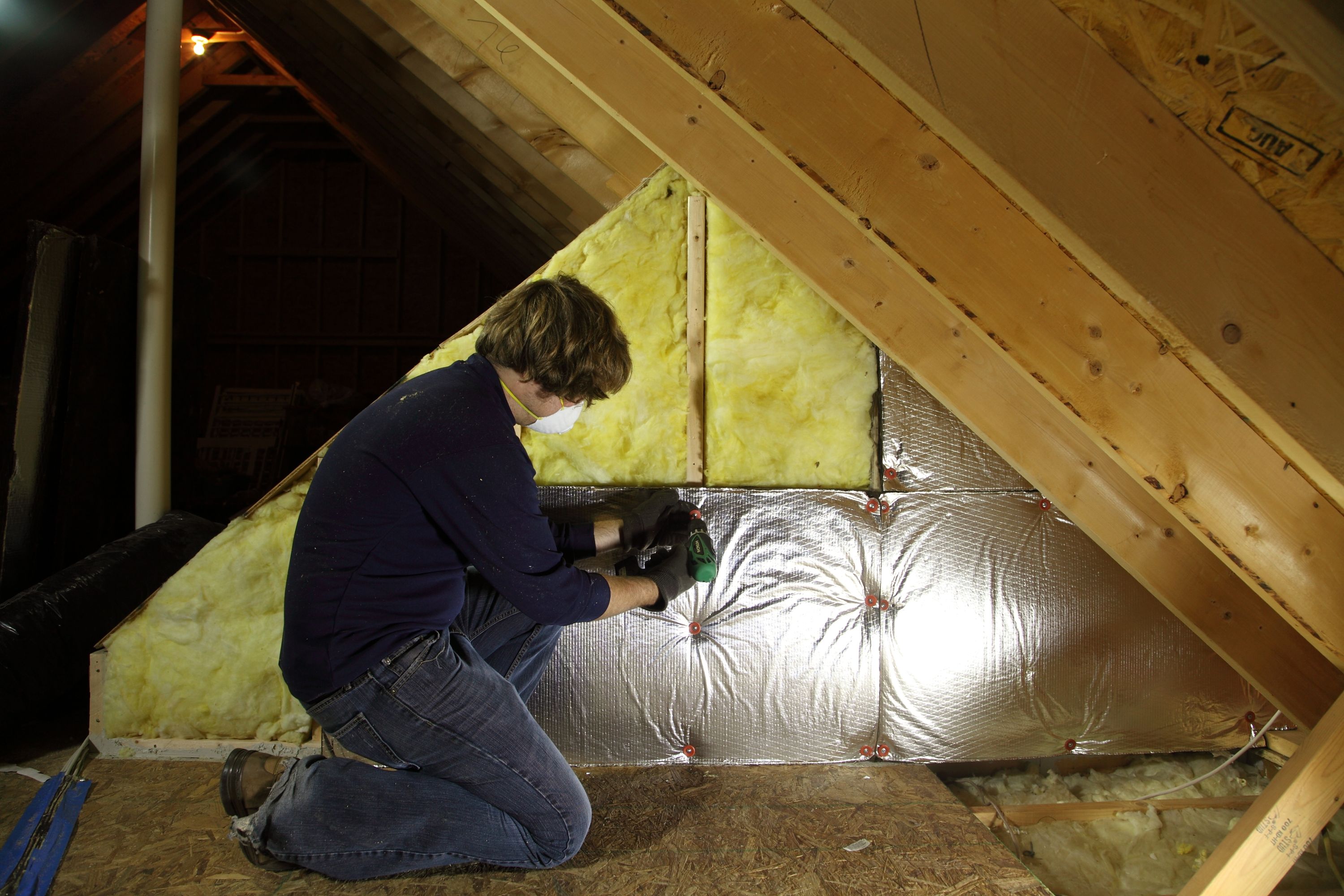Co-creating a regional approach to domestic retrofit
Helen Burridge, HCCSP Manager, Hertfordshire Climate Change and Sustainability Partnership, provides an overview of the local authority retrofit accelerator pilot.
We all know we need to retrofit more homes. We also know it’s complex, expensive and hard to communicate – yet essential for the health, wealth and wellbeing of our residents. So, what needs to happen to scale it up? And what’s the role of local authorities?
The challenge demands a systems-based approach – one that boosts local capacity and resilience. Hertfordshire’s authorities recognised this and welcomed the Local Area Retrofit Accelerator (LARA) to help coordinate a response that addresses climate, fuel poverty and public health together.
We may know what needs to be done. But simply hoping for behaviour change won’t shift the system. That’s why LARA has focused on building a collaborative, holistic approach – working with the MCS Foundation and others to bring the whole retrofit ecosystem to the table.
A county-wide challenge
Hertfordshire faces common pressures: the climate emergency, rising living costs, and a stock of ageing, inefficient homes. With two garden cities and many listed buildings, heritage considerations add complexity and nuance.
Retrofit activity was already underway across councils – but it risked being fragmented. The Hertfordshire Climate Change and Sustainability Partnership (HCCSP), made up of 11 local authorities and Hertfordshire Futures, worked to align efforts and build a more confident, joined-up system.
Ahead of the pilot, HCCSP ran a county-wide Retrofit Survey, adapted from Hampshire County Council. Promoted on social media, it attracted over 1,260 homeowner responses. While only 2% considered their homes energy efficient, 78% said they could self-fund improvements – they just didn’t know where to start.
Top motivators were:
• Lower energy bills
• Warmer, more comfortable homes
• Reduced carbon emissions
Crucially, over 80% said they’d feel more confident if advice and services were backed by their local council. Access to trusted contractors, clear guidance, and affordable finance were seen as essential.

This told us that awareness alone isn’t enough. Even among engaged homeowners, we saw hesitation and mistrust. The solution needed trusted intermediaries, visible leadership and simpler systems. We used resources developed from Cambridge City Council to create a Retrofit Guide for Residents which has been lauded in The Times as ‘factually brilliant’ and ‘just the sort of information everyone should be aware of’: and we still wanted to go further. LARA has subsequently been exploring how local government can help create the conditions in which retrofit can thrive as a ‘no regret’ solution.
Designing retrofit for behaviour change
Behaviour change must run through the entire retrofit journey – from strategy and comms to resident support and supply chain development.
The LARA pilot, funded by the MCS Foundation and supported by UKGBC, GSENZH and local partners, provided a structure to co-create a county-wide Local Retrofit Strategy.
This included:
• Three participatory workshops with councils, landlords, contractors, training providers and NGOs.
• Iterative development of a shared vision, goals and actions.
• Mapping responsibilities and identifying pilot opportunities.
Rather than drafting a strategy and asking others to endorse it, we built relationships first – allowing a shared mandate to emerge from those we’re planning to serve.
Together, we created a clear vision: “Every home is fit for now and for our future.” Four strategic goals underpin our approach:
1. Increase demand and delivery – across tenures, backed by advice and guidance.
2. Maximise local benefits – economic, health and environmental.
3. Build supply chain capacity – investing in training, SMEs and standards.
4. Create a supportive environment – through governance, data and partnerships.
Next steps include a simple governance structure designed to tolerate local government reform, and starting pilots to test scalable models of advice, assessment and finance.
We’re exploring a Retrofit Facilitation Service – a “one stop shop” connecting residents and businesses to trusted contractors, underpinned by public-private investment. We expected this to be the main (and possibly only) outcome of the project but LARA showed this isn’t the only path. Other impactful, lower-resource interventions include:
• Aligning training providers with local employers.
• Sharing procurement best practice.
• Building networks of installers, landlords and housing providers.
• Coordinating public communications.
These smaller steps can drive systemic change while national policy evolves.
Lessons for other authorities
LARA has shown that:
• Investing time in relationships pays off.
• A strategy is more than a document – it’s a shift in how partners work.
• Personal, participatory engagement beats transactional approaches.

Most of all, behaviour change isn’t just for residents. It happens at every level – among contractors, council officers, and decision-makers. LARA created space to reflect, challenge and collaborate – developing relationships that allow a strategy to evolve, rather than asking stakeholders to endorse a finished plan they didn’t help shape.
Retrofitting the homes of our residents is one of the biggest challenges councils face on the road to net zero. But it’s not just a technical task – it’s relational. We need systems that residents can trust, that supply chains can grow into, and that councils can coordinate with confidence.
We haven’t solved everything in Hertfordshire. But we’ve laid foundations for long-term action. For others looking to do the same, the LARA model – based in trust, participation and behaviour change – may be a good place to start.
Huge thanks to the MCS Foundation and everyone who supported and participated in the process.
Helen presented at the APSE Energy policy event in Westminster on Thursday 1 May. Her and other’s presentations are available on the APSE website.



.png)



.png)